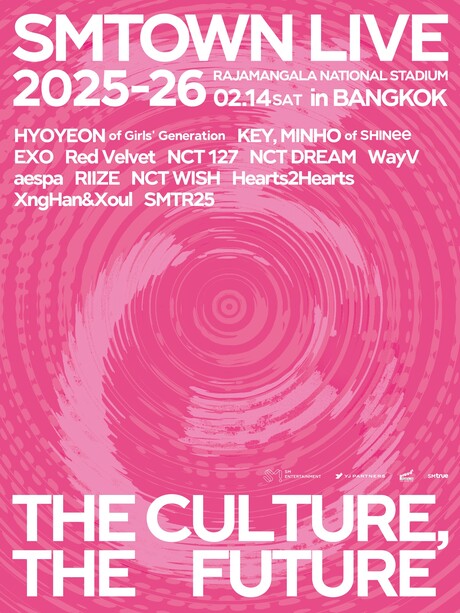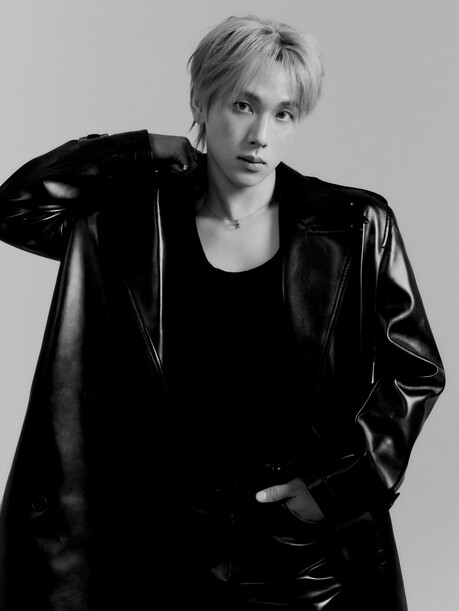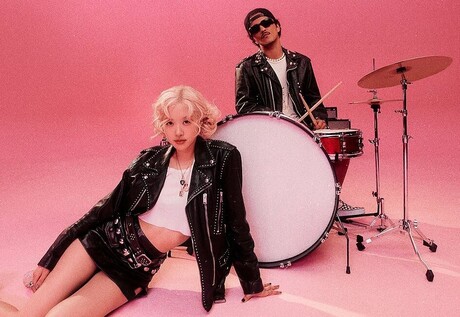The landscape of Korean political dramas has undergone a significant transformation, with female characters now taking center stage in roles traditionally dominated by men. This shift is exemplified by Disney's latest Korean original series "Tempest," which was specifically created to tell a story centered around powerful female characters. Unlike conventional Korean political dramas where male politicians, presidents, and power brokers typically dominate the narrative, "Tempest" places women at the helm of political power, featuring everyone from former UN ambassadors entering politics to female presidents and influential behind-the-scenes players, all set against the complex political backdrop of the Korean Peninsula.
Cultural experts trace the emergence of prominent female politicians in Korean television back to the 2010 drama "Big Thing," which served as a cultural response to South Korea's evolving society where women's participation in both the workforce and politics had expanded dramatically. Culture critic Jung Duk-hyun explained to The Korea Times that the fact that dramas now feature not just female politicians but even women presidents reflects a dual shift of greater female entry into public life and growing attention to women's leadership. He noted that these dramas mirror how real-life politics has naturally become part of women's sphere of activity.
The foundation for complex female leadership roles in Korean dramas was established even earlier with Ko Hyun-jung's memorable portrayal of Lady Misil in the 2009 historical drama "Queen Seondeok." Set during the era of Korea's first reigning female monarch in the Silla Kingdom (57 BCE-935 CE), Ko's character was described as a royal concubine of striking beauty and charisma, possessing sharp political acumen. As a formidable enemy to Queen Seondeok, Misil stopped at nothing to achieve her ambition of becoming queen, embodying a complex character who wielded power through cunning and determination in a way that was rare for female characters at the time.
More recent productions like "Queenmaker" have further expanded these themes by spotlighting solidarity among women, whether depicting women vying for the presidency or others supporting their rise to power. Jung emphasized that these narratives of female power and alliance continue to evolve on Korean screens, reflecting broader societal changes. Another critic, Kim Kyo-seok, observed a trend in genre dramas where female characters are no longer confined to being incomplete figures who remain sidekicks or need support, but rather take on roles traditionally held by men – characters with power, desire, or even as antagonistic behind-the-scenes villains.
The 2010 SBS drama "Big Thing" stands as a pioneering work in this genre, centering on Seo Hye-rim, played by Ko Hyun-jung, a fiery news announcer who enters politics following the death of her war correspondent husband. She rises through the ranks to become a member of the National Assembly and eventually Korea's first female president. Set against the backdrop of a traditionally male-dominated political arena, the series captures the tensions and power struggles that arise as a woman enters and ascends in this sphere. The drama also highlights the broader political landscape marked by corruption and factionalism, as well as the complex dynamics of authority in Korean democracy, providing a nuanced portrayal of the challenges faced by women leaders. Jung noted that this drama, now available on Netflix, mirrored real social shifts in Korea and received particular attention as it coincided with former President Park Geun-hye's rise as a presidential candidate, who went on to become Korea's first female president in 2012.
"The Whirlpool" (2024) presents a more intense political thriller that begins with Prime Minister Park Dong-ho's daring attempt to assassinate a corrupt president, triggering chaos and an intense rivalry with Deputy Prime Minister Jeong Su-jin, played by Kim Hee-ae. Su-jin is portrayed as an ambitious woman who uses ruthless tactics to maintain her grip on power. As a passionate activist-turned-lawmaker, her character bluntly states, "The strong beats the right. Such is politics," revealing her willingness to stop at nothing to gain control. Throughout the series, she conspires with conglomerates, engages in corrupt dealings, and demonstrates fierce determination as she rises to shake the political establishment. Her transformation into a shrewd political strategist highlights the pressures and moral compromises inherent in wielding political power, offering a compelling portrayal of female leadership in a fiercely patriarchal environment.
Netflix's "Queenmaker" (2023) takes a unique approach to the theme of female political power. Director Oh Jin-seok explained that while English has the term "kingmaker," there is no "queenmaker," which demonstrates how political power has traditionally belonged to men. The series wanted to portray two women, like the leads in the 1991 film "Thelma & Louise," diving into that world and clashing. The drama follows Hwang Do-hee, played by Kim Hee-ae, a master of image-making and fixer for a powerful conglomerate, and Oh Kyung-sook, played by Moon So-ri, a human rights lawyer. After Do-hee is forced out of the company following a tragic incident, the two team up in the political arena as they struggle to get Kyung-sook elected as mayor of Seoul, with their fight to change the world on their own terms unfolding amid a harsh political landscape.
The Wavve original series "Political Fever" (2021) offers a different perspective through political black comedy, focusing on Lee Jung-eun, played by Kim Sung-ryoung, who serves as the Minister of Culture, Sports and Tourism and is a former Olympic gold medalist. The story follows her chaotic life as she faces the kidnapping of her husband, a progressive political commentator, amid political turmoil. Although inexperienced in politics, Jung-eun remains true to her principles and common sense, using her instincts to turn crises to her advantage. She works alongside lawmaker Cha Jung-won, played by Bae Hae-sun, a senior opposition politician with whom she shares a competitive yet cooperative relationship. The drama was particularly praised for its bold satire, openly referencing real politicians like former presidents Lee Myung-bak and Park Geun-hye, distinguishing itself from other politics-centered series by mixing humor with sharp political critique and the realities of public service.
These five dramas collectively represent a significant evolution in Korean television's portrayal of women in politics, moving from traditional supporting roles to complex, powerful characters who drive the narrative. They reflect not only changing entertainment preferences but also broader social transformations in South Korea, where women's roles in public life and politics continue to expand and gain recognition.





























